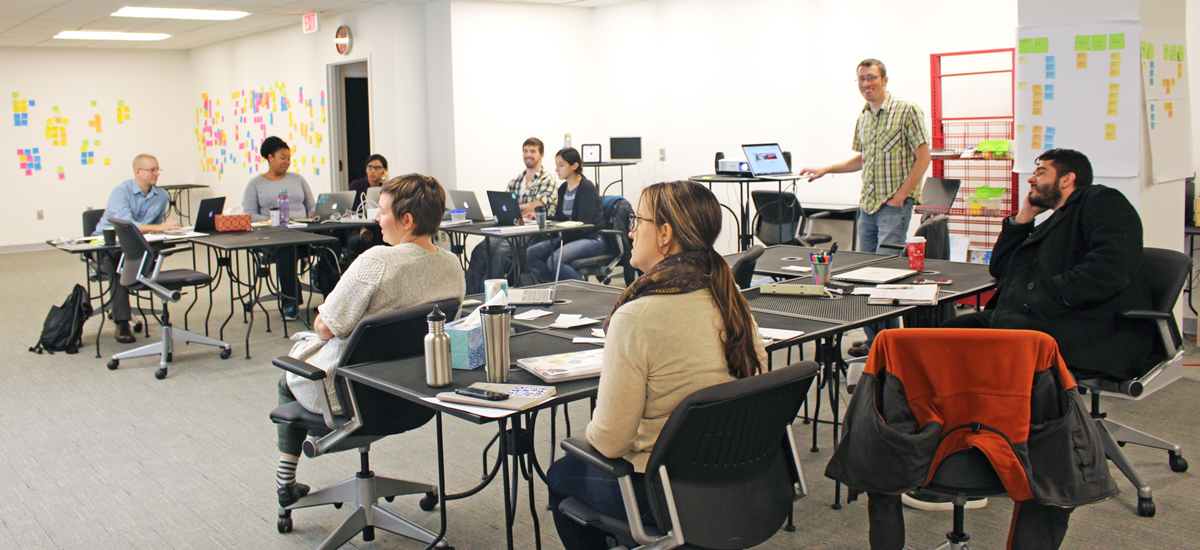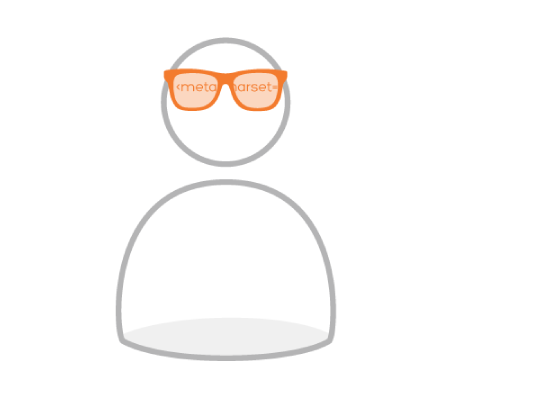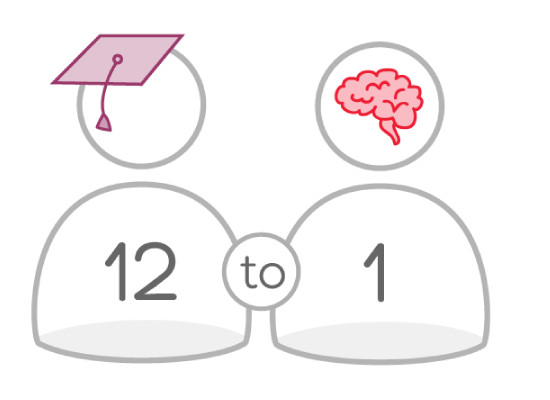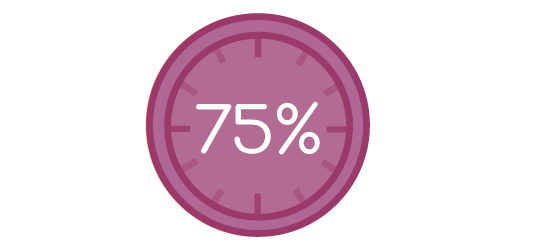Center Centre was the UX Design School creating the next generation of industry-ready UX designers.
We’re grateful to all of our staff and graduates for making our in-person UX Design School a success. We’re currently not hosting in-person learning experiences. You can check out CenterCentre.com for our online professional development opportunities.
Learning designed for you!

Team projects for real clients.
You’ll learn the interpersonal and technical skills you need to succeed as a user experience designer.Projects tailored just for you.
We’ll meet you where you are and work with you to level up your skills.You’ll experience…

Twenty-four months of awesomeness. You’ll graduate with two full years of project experience—putting you ahead of the game.

Four to six team projects.
When you interview for a job, you’ll not only have a polished portfolio but also have the relevant project experience employers desire.You’ll learn from and connect with…

Twenty-four industry experts during twenty-four, two-day workshops.
You’ll learn from industry experts at the forefront of today’s UX design industry.
Two facilitators (our full-time faculty).
With a 12-to-1 student-to-facilitator ratio, you’ll get the one-on-one attention you deserve.
Mentors and clients from partner companies and non-profits.
You’ll work on projects—from concept to completion—with real constraints and real clients.You’ll engage in…

Around seventy-five percent of your class time will be spent working on projects.
You’ll learn by doing with our team of facilitators to help you become a well-rounded UX designer.

Full work days, five days a week, focused on preparing you to be industry-ready.
After you graduate, from day one, you’ll be an asset to the company who hires you.

